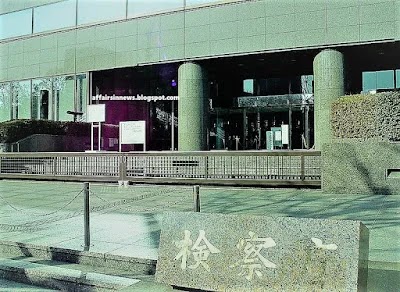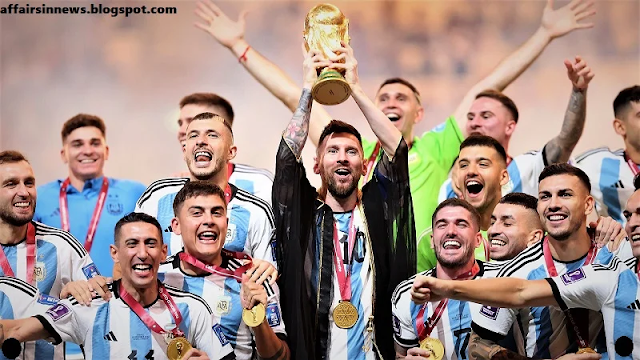Former director Takahashi indicted for bribery Chairman Kadokawa continues investigation Tokyo Olympics corruption
In the corruption case surrounding the Tokyo Olympic and Paralympic Games, the Tokyo District Public Prosecutors' Special Investigation Department indicted Haruyuki Takahashi (78) = re-arrested on suspicion of bribery = former director of the organizing committee of the Games with bribery = for receiving a bribe of about 76 million yen from the publishing giant "KADOKAWA" in return for facilitating the selection of sponsors for the Games. Kazumasa Fukami, 73, an acquaintance of the former board member and president of the consulting firm Commons 2 (Tokyo), was also charged with colluding with the former director.
In addition, the Special Investigation Department indicted two suspects, KADOKAWA advisor Seyuki Yoshihara (64 years old) and company employee Kyoji Maniwa (63) = arrested on suspicion of bribery = in the same district court for bribery, and found that the chairman of the company, Tsuguhiko Kadokawa (79), also conspired in the indictment of both defendants. Kadokawa was arrested eight days later than both defendants, and with his detention deadline of October 4, the Special Investigation Division is expected to continue the investigation and charge him.
According to the indictment, the former board member and President Fukami conspired to receive a request from Chairman Kadokawa, advisor Yoshihara, and employees of Umaba to be selected as a sponsor, and received a bribe of about 76 million yen in July 2019 ~ January 21 in return for accommodation. KADOKAWA prosecuted only about 69 million yen for which the statute of limitations for bribery charges (3 years) has not been established.
The former director has also been charged with bribery for allegedly accepting a bribe of 51 million yen from AOKI Holdings, a major men's clothing company, bringing the total amount of bribes charged to about 127 million yen.
 |
| TOKYO DISTRICT PUBLIC PROSECUTOR'S OFFICE |
The advertising industry's "fee business" has become a hotbed of fraud Tokyo Olympics corruption
In a corruption case involving the Tokyo Olympic and Paralympic Games, Haruyuki Takahashi, 78, a former director of the organizing committee of the Games, was indicted on May 27 for bribery for allegedly accepting bribes of about 76 million yen from the publishing giant KADOKAWA. The Tokyo District Public Prosecutors' Special Investigation Division determined that the "fee" (commission, remuneration) received by the former director through sponsorship coordination was an honorarium from the company. The advertising industry is a business style that makes profits based on results and fees for intermediaries, but in the work of the organizing committee, which requires a high level of fairness, it has become a "hotbed of fraud."
According to the officials, the former board members, who received a request from KADOKAWA to be selected as a sponsor, began selecting sponsors in the publishing field around 2016. We are proceeding with a plan to jointly sponsor KADOKAWA and another major publisher, and the cost required to become a sponsor is 500 million yen for the two companies (350 million yen for KADOKAWA, 150 million yen for a major publisher), of which 100 million yen (70 million yen for KADOKAWA, 30 million yen for a major publisher) will be "coordination fee" ( It is said that it was an arrangement to be received by the former director as an adjustment fee.
However, due to the decline of a major publisher, only KADOKAWA paid 350 million yen, and in the end, about 76 million yen may have been paid as a bribe according to the plan of the former director.
A former executive of a major advertising company commented on the flow of funds, saying, "It is a culture of the industry that advertising companies receive margins, and if former director Takahashi was not a 'deemed public servant,' there would have been no problem." The former executive said that the advertising industry's commission was based on 15% and that the amount paid by KADOKAWA was "not unnatural." As a reason, he cited the merit of participating in the Olympics to increase corporate value.
On the other hand, a Dentsu alumnus who knows the former board member criticizes that "companies that want to become sponsors could have negotiated directly with Dentsu, which was the contact point for selection, but if the former directors took advantage of their position and added their own remuneration to the funds from the companies they wanted to sponsor, it would be overkill."
Yasuyuki Okasuji, an attorney who is familiar with sports law and compliance, pointed out that "the opacity of the sponsor selection process is behind this case, and it was necessary to have a system that allows fair and impartial selection, such as conducting bidding based on the application guidelines and conducting substantive deliberations."











0 Comments
Any question in your mind or a request you want me to fulfill, please don't hesitate, comment below or do email to me.
I will try whatever I can!